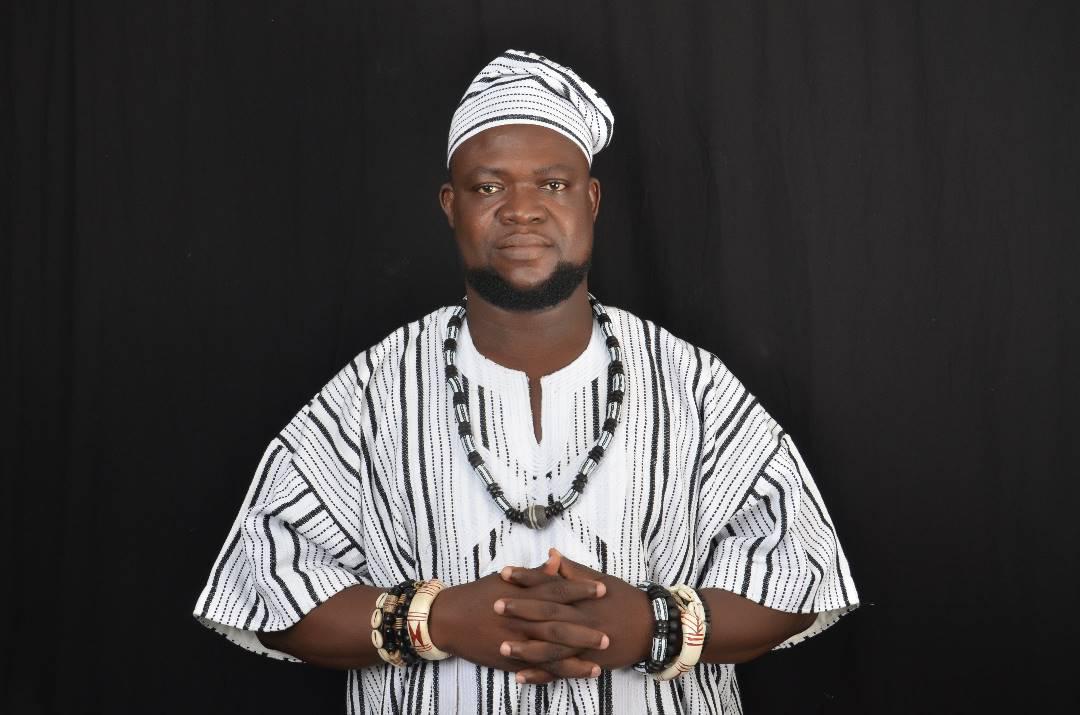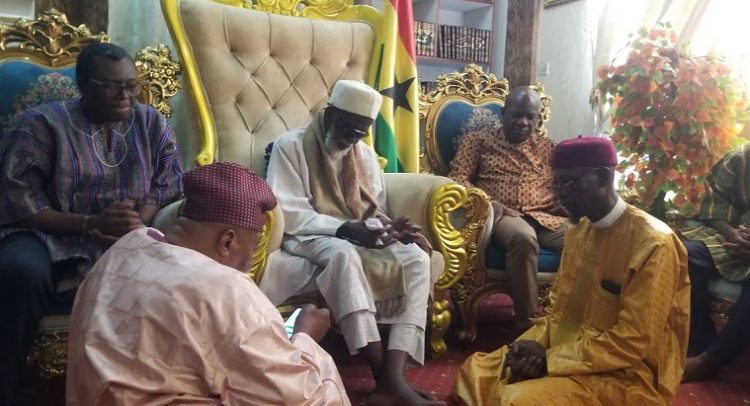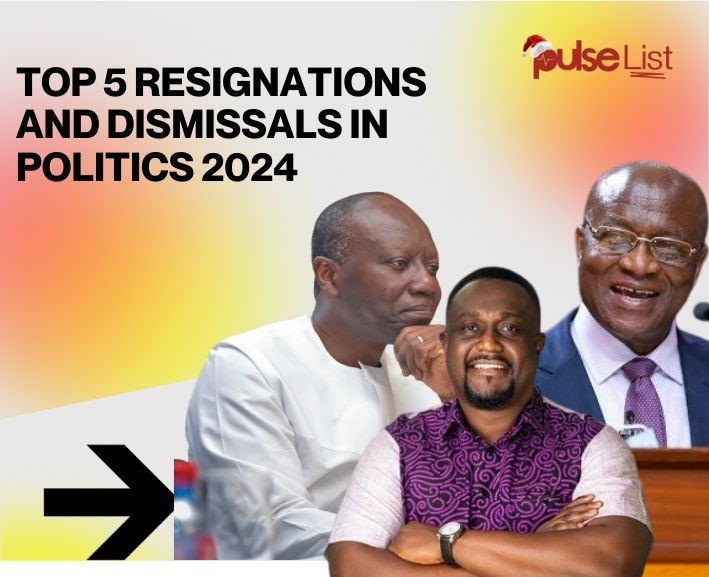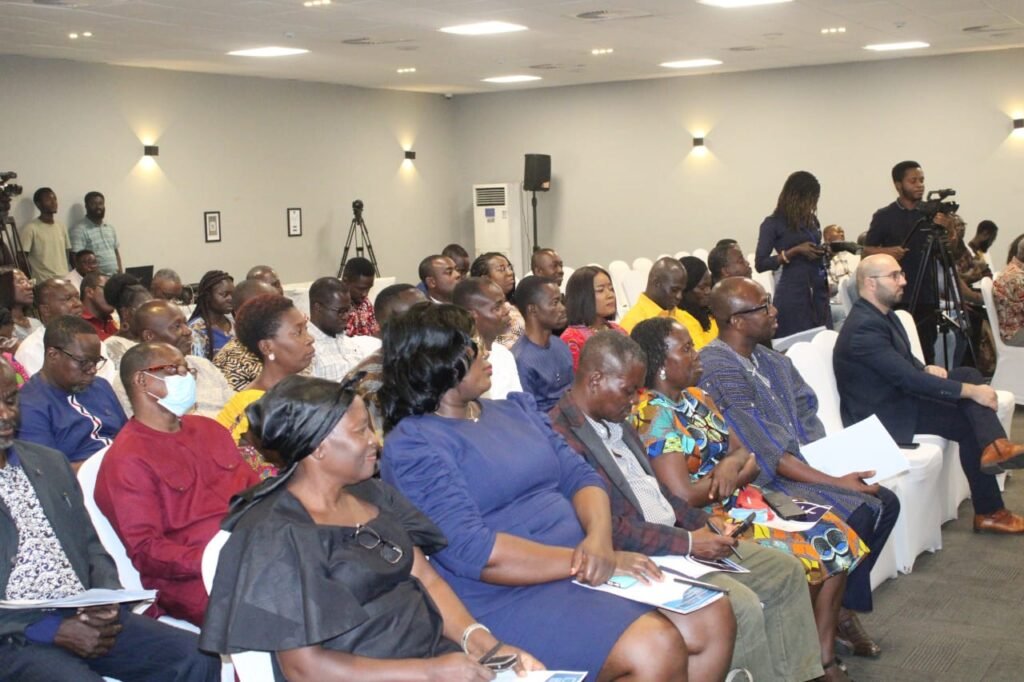
The 2024 polls to elect Ghana’s leaders for the next four years have just begun. The process started on Monday with the special voting exercise. While there were some pockets of confusion, the Electoral Commission described it as smooth.
Ghana, since it embarked on this democratic journey in 1992, is renowned for its stable political climate and progressive democratic governance. This commitment to regular, peaceful presidential and parliamentary elections is a model for other emerging democracies.
A key feature of next Saturday’s elections is transformation of the electorate. A new demographic – those who were aged 10-17 during the 2016 elections and are now eligible to vote – are set to play a role in shaping the electoral process. Their participation could influence the political landscape in unexpected ways.
This new demographic – ‘social media electorate’ – reflects the growing influence of social media platforms in shaping the political views of young voters.
Implementing the Free Senior High School (Free SHS) policy in 2017 markedly enhanced literacy rates among the youth. This demographic is not only larger due to natural population growth, but also more educated and politically aware. They represent a dynamic force currently influencing the country’s political and economic future.
The emergence of this informed and digitally engaged electorate heralds a new chapter in our democracy. Their participation in this year’s elections, we believe, could reshape our political landscape, reflecting the evolving nature of political engagement in the digital age.
With about 70 percent of young Ghanaians holding secondary or higher education, they eclipse previous generations’ educational attainment. Yet many of them face unemployment, resulting in an outcry for economic reform and job creation.
It is against this background that this Paper associates itself with the ‘Youth for Peace’ campaign that was launched in the Sagnarigu municipality of Northern Region, urging young people to become ambassadors for peace and development before, during and after the December 7 General Elections.
The initiative, spearheaded by Star Ghana Foundation with support from the Foreign, Commonwealth and Development Office (FCDO) and International Organisation for Migration (IOM), encourages the youth to lead peace advocacy efforts in their communities. The campaign focuses on preventing violence and fostering harmony at the community level.
Fr. Thaddeus Kuusah, Northern Regional Executive Secretary of the Peace Council, while highlighting the critical role youths play in national development warned against engaging in violence, which could jeopardise their future.
He charged young people to advocate peace before, during and after the elections.
“The development of our country requires active contributions from the youth; and peace is a vital foundation for this,” he said.
Youth participation in politics and elections has always been fundamental in the evolution of our political landscape. Their active engagement in politics has, in the past, resulted in regime changes and other significant events in our political history.
Speaking at the engagement with the youth of Tamale, Melody Azinim – Peace and Governance Analyst at UNDP – noted that the country’s growing youth population has made it very important to instil the values of peace, equity and freedom, especially pertaining to democratic practice.
She indicated that young people are innovative and have the power to be positive change-agents in the country; henc the need to leverage their power, strength and voice in promoting peace and stability toward the attainment of Sustainable Development Goals (SDG) – especially SDG 16.
We cannot but agree with her advice to the youth, that as young people they must remember that they have a great future ahead – and posterity will never forgive them if they allow themselves to be agents for plunging this country into chaos.
Let’s all support the promotion of peace before, during and after the 2024 polls.
The post Editorial: Let peace reign after the polls appeared first on The Business & Financial Times.
Read Full Story














Facebook
Twitter
Pinterest
Instagram
Google+
YouTube
LinkedIn
RSS